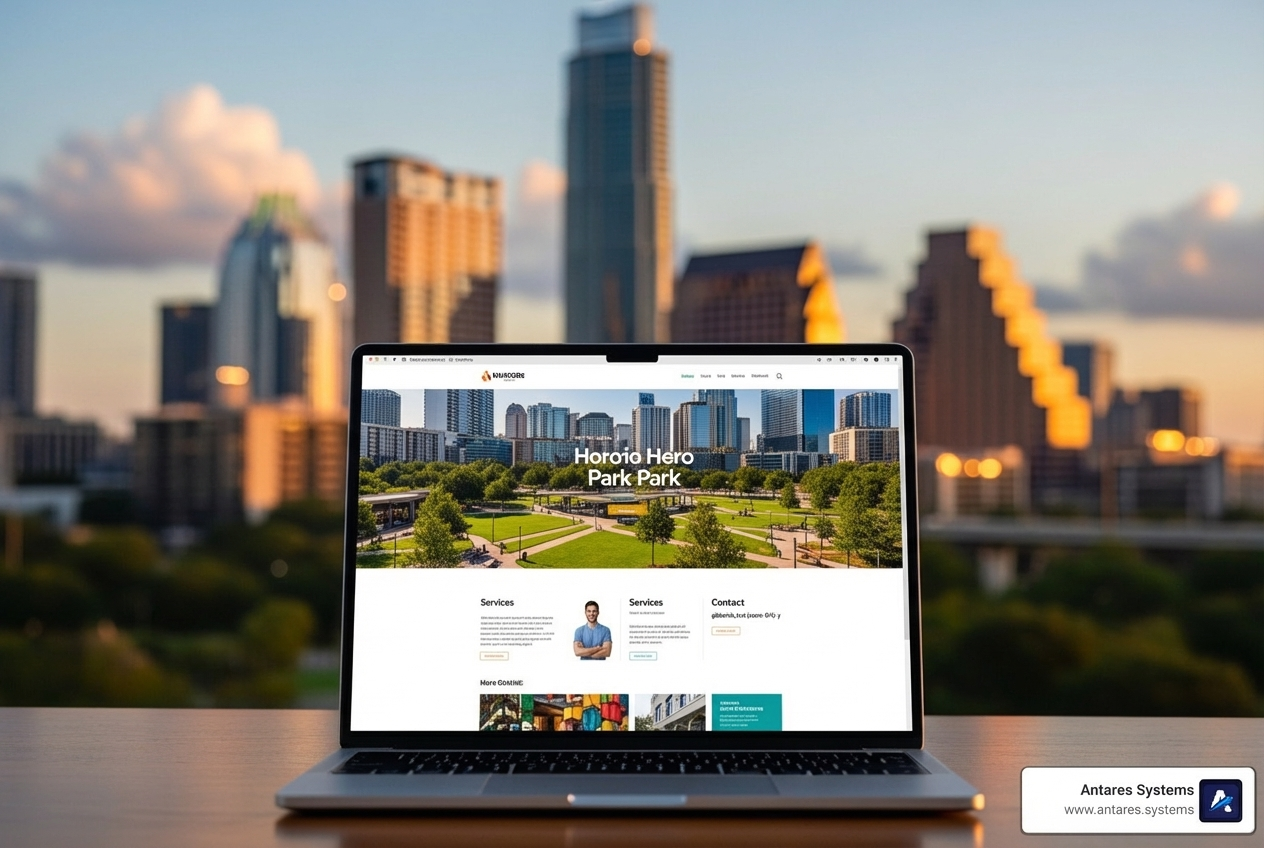Replacing Your Roof: Breaking Down Shingle Costs
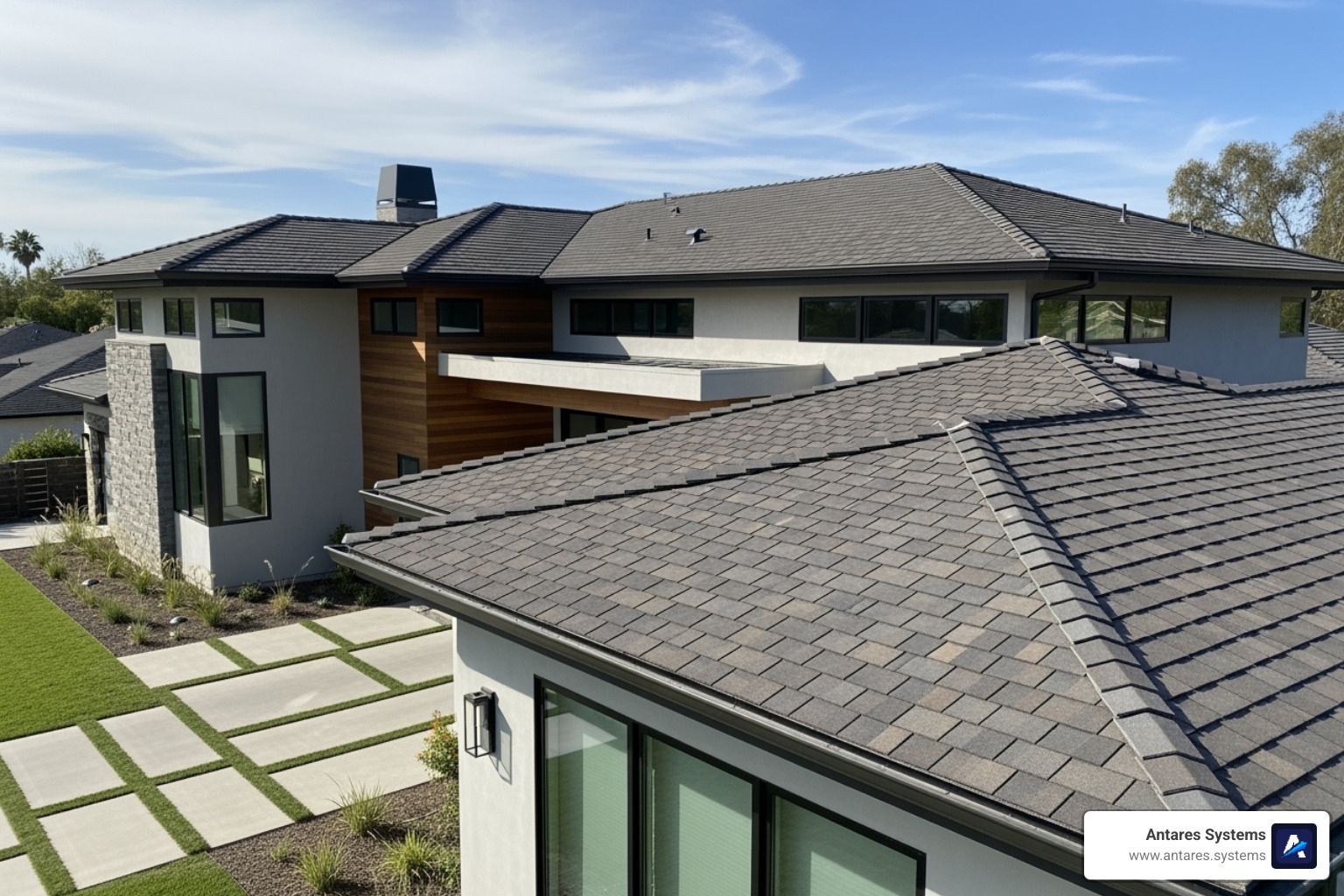
Decoding Your Shingle Replacement Cost
Figuring out your Shingle replacement cost can feel like a guessing game. Many homeowners just want a straightforward answer.
Here's a quick look at what you can expect:
- Average Cost: Around $10,000
- Typical Range: Between $6,000 and $15,000
- Cost Per Square Foot (Installed):$4.25 to $12.25
A new roof is a big investment that protects your home, boosts its value, and keeps your family safe. But what truly drives the price of a shingle replacement?
Many factors affect the final price, including roof size, shingle type, and even your location. Understanding these factors helps you plan your budget and make smart choices.
This guide will break down all the costs involved, showing you what to expect for your home and your wallet.
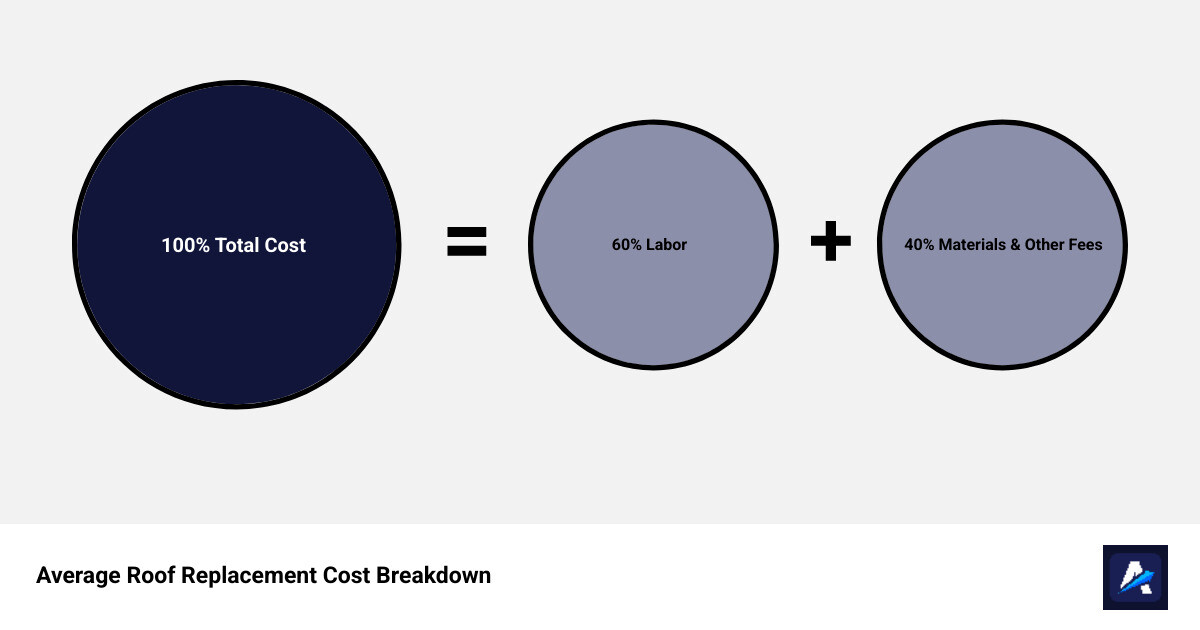
Understanding the Key Factors of Your Shingle Replacement Cost
Your Shingle replacement cost is not a single number; several key factors influence the final price tag. Let's break down what shapes your estimate.
Roof Size, Pitch, and Complexity
The most direct factor is your roof's size, measured in "squares" (100 square feet). A larger roof requires more materials and labor. For a typical 2,000 sq. ft. roof (20 squares), replacement costs can range from $6,000 to over $20,000, with most homeowners spending between $7,000 and $14,500, depending on location and materials.
Beyond size, the roof's pitch (steepness) and complexity also play a huge role.
- Roof Pitch: A steeper roof increases labor costs. It's more challenging and dangerous for roofers, requiring special safety gear and more time. Labor can make up 50-60% of the total project cost, ranging from $3.00 to $7.00 per square foot.
- Complexity: A roof with many dormers, skylights, chimneys, or valleys is more complex. Each feature requires intricate cuts, flashing, and sealing, which increases material waste and labor time.
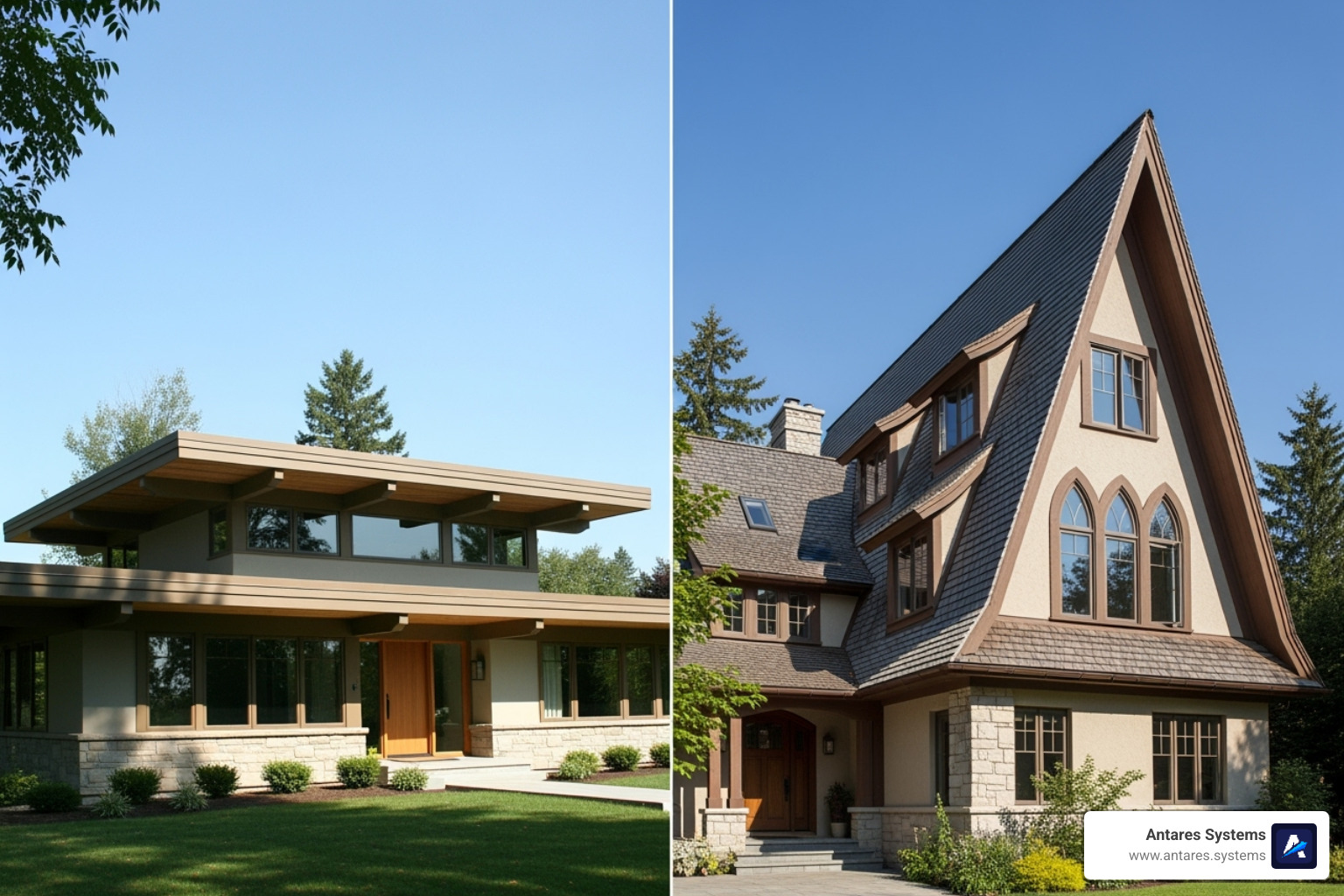
Breaking Down the Shingle Replacement Cost by Material
Asphalt is the most popular shingle choice, offering a balance of affordability and performance. Within asphalt shingles, different types affect both the Shingle replacement cost and longevity.
- 3-Tab Asphalt Shingles: The most budget-friendly option, costing $3.50 to $5.00 per square foot installed. They have a flat, single-layer look and a lifespan of 10-15 years.
- Architectural (Laminate) Shingles: Thicker and multi-layered, these shingles offer a textured look resembling wood or slate. They are more durable, costing $4.00 to $8.50 per square foot installed, and last 18-25 years or more.
- Luxury (Designer) Shingles: The top-tier asphalt option, offering maximum durability and a high-end appearance. Material costs alone can be $9.50+ per square foot, and they last 30-40 years.
Here's a quick comparison:
| Shingle Type | Average Installed Cost (per sq ft) | Typical Lifespan (Years) | Durability & Aesthetics |
|---|---|---|---|
| 3-Tab Asphalt | $3.50 - $5.00 | 10 - 15 | Basic, flat appearance; least durable; susceptible to wind uplift. |
| Architectural Asphalt | $4.00 - $8.50 | 18 - 25 | Textured, dimensional look; more durable; better wind resistance; popular choice for value and appearance. |
| Luxury Asphalt | $9.50+ (material only) | 30 - 40 | Premium, high-end appearance often mimicking natural materials; most durable; superior weather resistance. |
Other options like composite, metal, wood, or slate shingles offer longer lifespans but come with a higher initial Shingle replacement cost.
Labor, Permits, and Additional Expenses
Several other expenses contribute to your total Shingle replacement cost.
- Labor Costs: Typically 60% of the total bill, labor runs $3.00 to $7.00 per square foot. Costs vary by roof complexity, steepness, and season. Scheduling in the off-season (late fall or early spring) may offer savings.
- Regional Price Differences: Your location significantly impacts cost due to local wages, material availability, and regulations. For example, costs in major cities like Toronto or states like California are often higher than in less populated areas.
- Tear-Off and Debris Disposal: Removing old roofing materials costs between $1 and $5 per square foot, often totaling $1,000 to $5,000. Most building codes require a tear-off if two or more shingle layers are present.
- Roofing System Components: Underlayment ($0.10-$0.80/sq ft), flashing ($200-$500), drip edge ($1.50-$3.00/linear ft), and an ice and water shield are vital for moisture protection and add to the material cost.
- Building Permits: Most projects require a permit to ensure compliance with local codes, typically costing $100 to $500.
- Potential Repairs: Hidden damage finded after tear-off can add costs. This may include roof decking repair ($2-$5/sq ft), new roof vents ($200-$700), or fascia and soffit repair ($4-$22/linear ft).
For general contractors looking to expand their reach, exploring Best General Contractor Websites can be a great starting point for attracting more clients.
When to Replace vs. Repair Your Shingles
Deciding between a full replacement and a simple patch job is a critical financial decision. The right choice depends on the extent of the damage and the overall health of your roof.
Telltale Signs You Need a Full Roof Replacement
Knowing when your roof needs a complete overhaul is key to preventing more costly damage. Look for these clear indicators:
- Age of your roof: Most asphalt shingle roofs last 15 to 30 years. If yours is approaching this age, it's time to plan for a replacement.
- Widespread granule loss: Finding lots of shingle granules in your gutters or seeing bare spots on the roof means it's losing its UV protection.
- Cracked or curling shingles: Brittle, cupping, or clawing shingles are failing to keep water out and signal widespread weathering.
- Buckling: Warped or wavy shingles can indicate issues with the roof deck or trapped moisture.
- A sagging roof deck: A noticeable dip in your roofline points to serious structural or moisture problems that require immediate professional attention.
- Water damage in the attic: Stains on the ceiling or damp insulation are undeniable proof of a leak. Widespread water damage often means the entire roof system is compromised.
- Extensive moss or algae: Large patches of growth can trap moisture and accelerate shingle deterioration.
- Failing flashing: Rust or wear around vents and pipes indicates that the seals are failing, allowing water to get in.
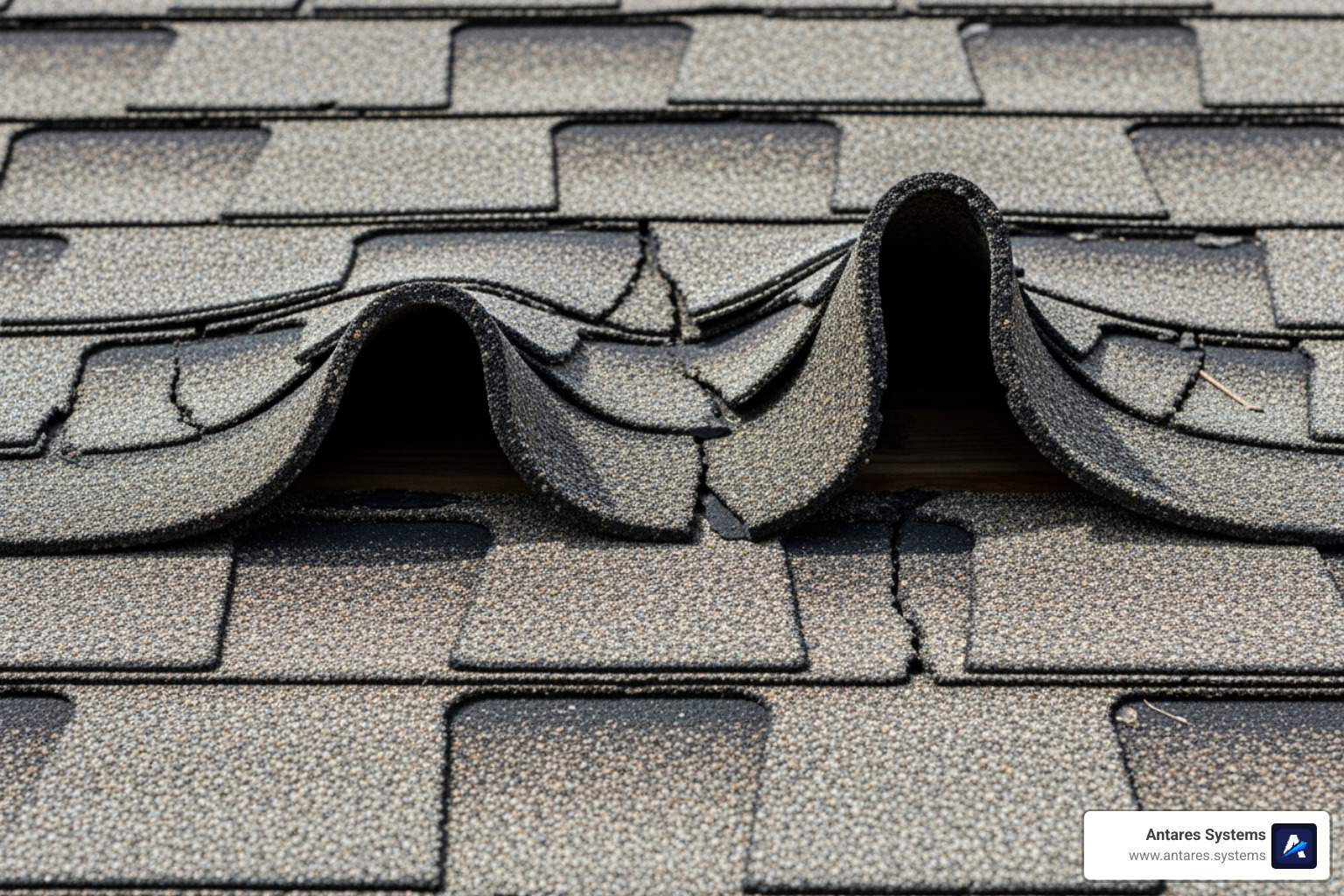
The Pros and Cons of a Partial Repair
A full replacement isn't always necessary. A targeted repair can address specific issues without the cost of a new roof.
The main advantage of a repair is cost savings, with an average cost of around $1,100 versus $10,500 for a full replacement. It's ideal for localized damage from a storm or fallen branch on an otherwise healthy, relatively new roof. Your homeowner's insurance may even cover storm damage repairs.
However, repairs have drawbacks. It can be difficult to find mismatched shingles, leaving your roof with a patchwork appearance. A DIY or improper repair can also void your roof's warranty. Finally, a repair can be a short-term solution for an old roof. Multiple repairs can quickly add up, potentially costing more than a replacement in the long run.
The best way to decide is to get a professional roof inspection for an honest assessment of the most cost-effective, long-term solution.
Maximizing Value: ROI and Saving Money on Your New Roof
A new roof is a major home improvement, but it's also a wise investment in your home's future. There are clever ways to manage the cost and ensure you get the best return on your money.
The Financial Benefits of a New Roof
Beyond keeping the rain out, a new roof brings compelling financial advantages.
First, it boosts curb appeal and home value. A new asphalt shingle roof can recoup a 61.1% return on investment (ROI), according to Remodeling Magazine’s 2024 Cost vs. Value Report.
Modern roofing materials improve energy efficiency, which means your HVAC system works less, lowering your heating and cooling bills.
A new roof provides better protection against water damage, mold, and structural issues, preventing more expensive repairs down the road.
Finally, you may qualify for insurance premium reductions. Some insurance companies offer discounts for newer, more resilient roofs. It’s worth calling your provider after installation to see if you can save.
How to Save Money on a Roof Replacement
Trimming the Shingle replacement cost is a top priority for many. Here are our best tips to save without cutting corners:
- Get multiple quotes: Always gather at least three detailed estimates from reputable contractors to compare pricing, materials, and scope.
- Schedule in the off-season: Demand for roofers is lower in the late fall and early spring. You may find better rates or more flexible scheduling during these "shoulder seasons."
- Choose cost-effective materials: Mid-range architectural asphalt shingles offer a great balance of durability and affordability, often providing better long-term value than the cheapest 3-tab shingles.
- Perform regular maintenance: Simple tasks like cleaning gutters and fixing small issues promptly can extend your current roof's lifespan, delaying the need for a full replacement.
- Consider group discounts: Contractors may offer special rates for multiple projects in the same neighborhood, as it saves them on travel and setup costs.
For roofing contractors who want to connect with homeowners seeking value and quality, effective marketing is a game-changer. Learn more with our guide on Lead Generation for Contractors: Strategies.
DIY vs. Professional: Impact on Shingle Replacement Cost and Quality
The temptation to save on labor by tackling a DIY roof replacement is understandable, but the risks often outweigh the rewards.
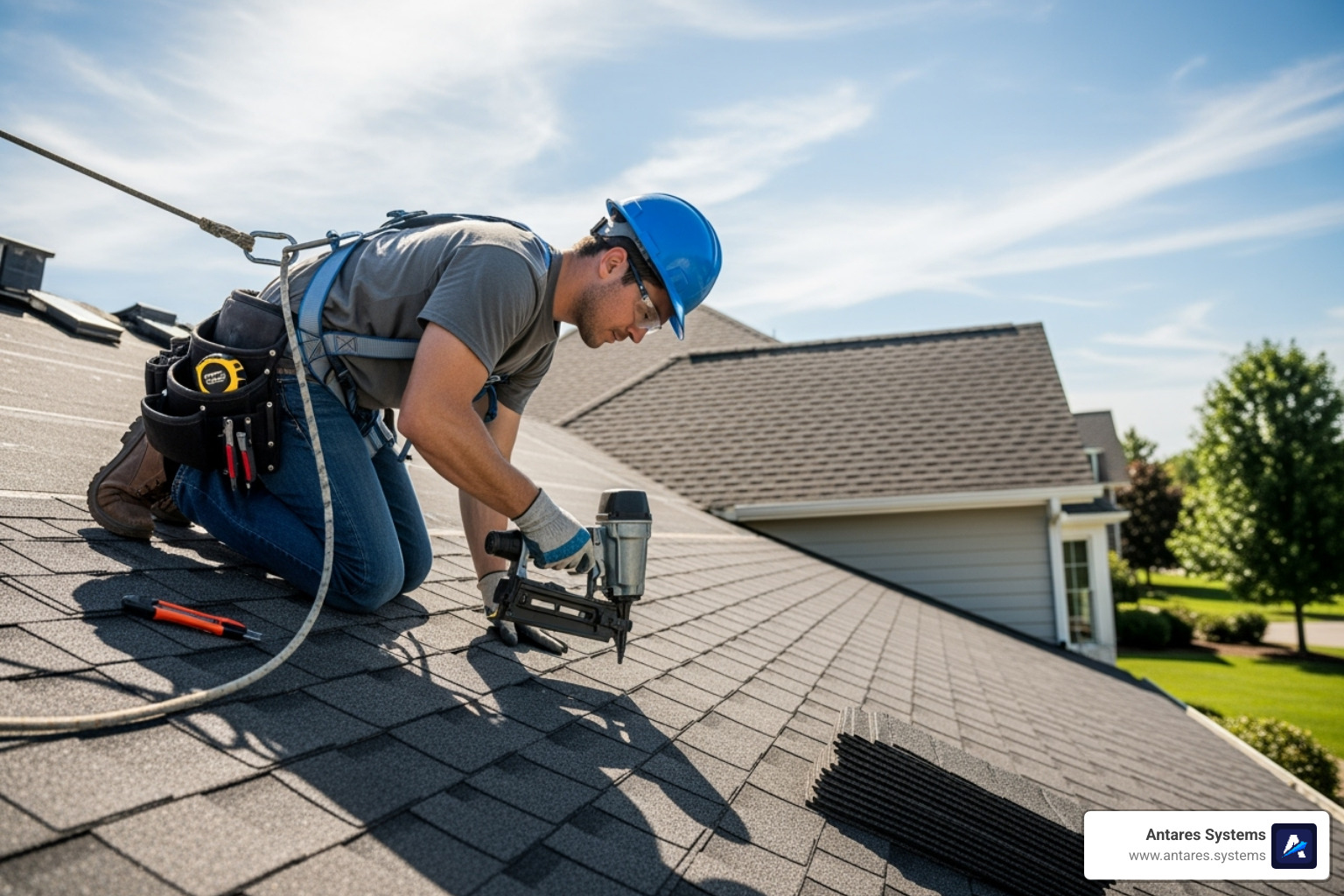
Going the DIY route presents serious safety risks, as falls are a leading cause of injury in construction. You also risk voiding material warranties, which often require professional installation. Small mistakes in installation can lead to costly leaks, mold, or structural damage, negating any initial savings. A DIY project is also incredibly time-consuming and requires specialized tools you'll have to buy or rent.
Hiring a professional offers expertise and experience. They know local building codes and can handle any complexity, ensuring the job is done right. A reputable contractor provides a workmanship warranty in addition to the manufacturer's warranty, offering complete peace of mind. They work efficiently and carry liability insurance and workers' compensation, which protects you from financial responsibility in case of an accident.
For most homeowners, the quality, safety, and peace of mind from hiring a professional far outweigh the potential savings of a DIY project.
Frequently Asked Questions about Shingle Replacement
When you're considering a new roof, you're bound to have questions. Let's clear up some of the most common queries about Shingle replacement cost and the process.
How long does a typical asphalt shingle roof last?
The lifespan of an asphalt shingle roof depends on the shingle type, local climate, and how well it's maintained. Here’s a general guide:
- 3-tab shingles: The most affordable option, typically lasting 15 to 20 years.
- Architectural shingles: A popular choice for durability and appearance, lasting 25 to 30 years.
- Luxury shingles: The most durable asphalt option, designed to last 30 to 40 years.
Harsh weather and poor attic ventilation can shorten a roof's life, while regular maintenance can extend it.
How long does it take to replace a shingle roof?
For an average-sized home, a professional crew can typically replace an asphalt shingle roof in just one to three days.
However, the timeline can be affected by:
- Roof size and complexity: Larger, more intricate roofs take longer.
- Weather: Rain, snow, or extreme temperatures can cause delays.
- Tear-off: Removing multiple old shingle layers adds time.
- Material type: Materials like slate or wood require more time to install than asphalt.
A professional contractor will provide a clear timeline before the project begins.
What is the cheapest type of roofing shingle?
The 3-tab asphalt shingle is typically the cheapest option based on initial installation cost. If upfront savings are your main priority, they are a common choice.
However, it's important to consider long-term value. While 3-tab shingles are cheaper initially, their shorter lifespan (15-20 years) means you'll have to replace them sooner. Architectural shingles cost slightly more upfront but last 25-30+ years, often making them a more cost-effective choice over the life of the roof. Balancing initial cost with long-term durability is key to making the best decision.
Protect Your Investment with a Quality Roof
Understanding your Shingle replacement cost is about making a smart investment to protect your home for decades. We've covered the key factors, from roof size and complexity to shingle types, to help you steer your decision.
While the average $10,000 investment may seem substantial, remember the return: increased home value with a 61% ROI, better energy efficiency for lower utility bills, and reliable protection for your family. These benefits provide value year after year.
When deciding between repair and replacement, trust the signs. Widespread damage, aging shingles, and multiple leaks usually mean a fresh start is more cost-effective than temporary patches. A professional inspection removes the guesswork.
We can't stress enough the importance of hiring a qualified, insured contractor. The peace of mind from proper installation, valid warranties, and professional expertise far outweighs any savings from cutting corners. Your roof is too important to leave to chance.
The roofing industry thrives when homeowners connect with trustworthy professionals. For roofing contractors looking to reach more families, Antares Systems offers specialized Home Service Marketing Tips to help grow your business. By empowering homeowners with knowledge and helping contractors reach them, every home gets the quality roof it deserves.
Your home is your biggest investment. Protecting it with a quality roof isn't just smart—it's essential.




